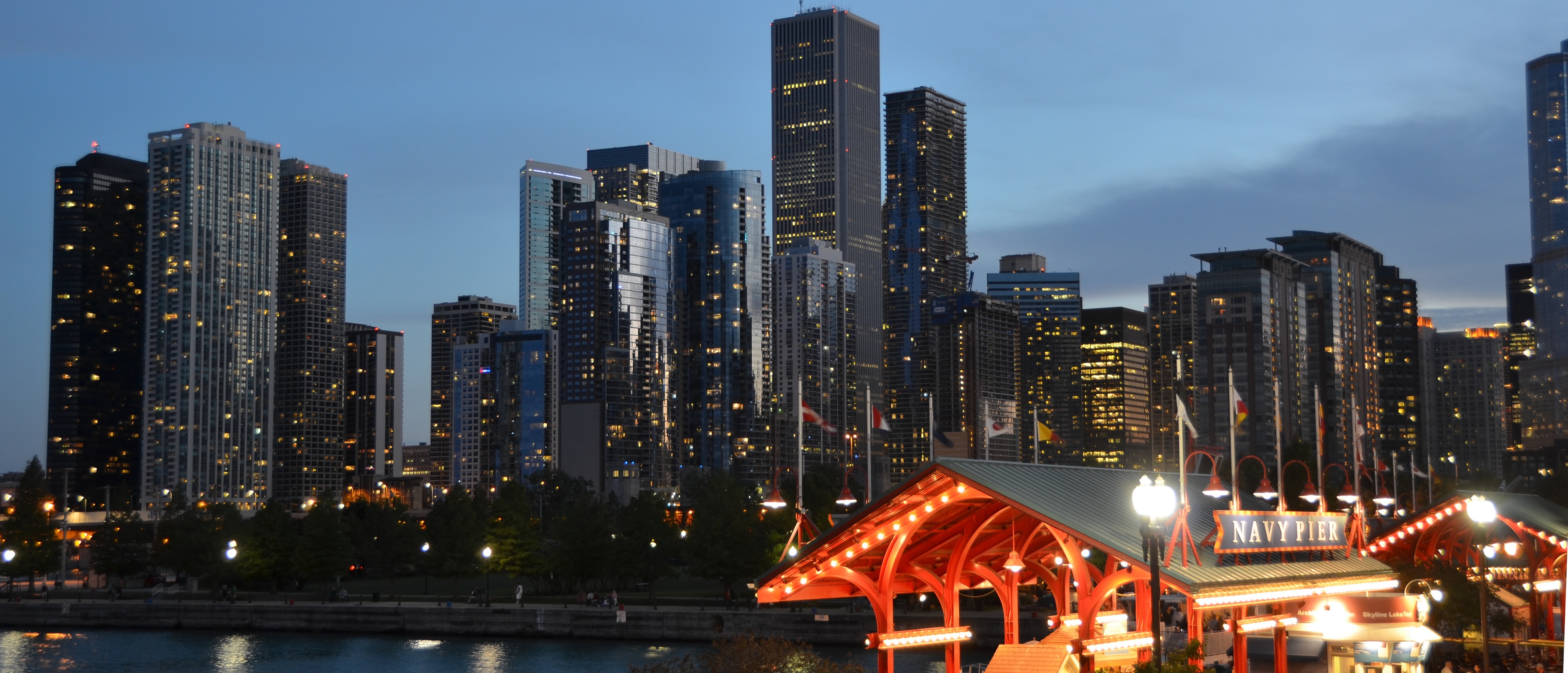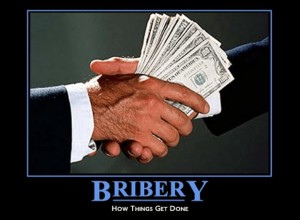How can the financial crisis be a result of anything other than the incentives created by incomplete regulation and incorrect company structure?
People will always respond to the strongest incentives they see and are able to take on. The strongest incentives are so far-reaching across financial firms and the government:
- Complete lack of either oversight or transparency of the derivatives market creates the incentive to build supposedly market-neutral bets that are orders of magnitudes larger than what capital reserve requirements dictate
- Compensation packages that pay bonuses now on trades that can blow up later creates incentives for employees to take risks now; if the house falls down, they will be laid off, but will also be much wealthier.
- The tacit understanding that the largest banks and hedge funds will be rescued no matter how stupid the actions that got them there to begin with creates the incentive to take on increasingly risky positions. If you aren’t playing with house money, you will be playing with taxpayer money.
- The SEC’s inability to regulate Wall Street, because Congress told them not to, because they were told that regulation hampers innovation by a Wall Street lobbyist, creates the incentive to continue doing what you are doing, as no one from the government will bother you.
I am sure I am missing probably 3-4 other causes for these incentives, but to me these are the biggest.
The financial regulation bill reaching Congress today is a step in the right directly, but will likely introduce or leave behind holes. This will create additional incentives that financial firms will rush to fill. I don’t know what those holes are, as I haven’t read any part of the bill, but I know they will be picked apart by the blogs I do read (mentioned below).
Any argument that talks about morals (e.g. “Wall Street is too greedy”) is doomed to fail. Spend five minutes with a trader from one of these firms, and economic morals is generally completely lost on them. They wouldn’t be successful traders if this wasn’t the case, as their jobs are to take advantage of these kinds of inefficiency.
This post was inspired by this summary from Russ Roberts on Marginal Revolution, as well as from two years of reading Naked Capitalism and Marginal Revolution
“1. It isn’t “too big to fail” that’s the problem, it’s the rescue of creditors going back to 1984, encouraged imprudent lending and allowed large financial institutions to become highly leveraged.
2. Shareholder losses do not reduce the problem even when shareholders are the executives making the decisions
3. These incentives allowed execs to justify and fund enormous bonuses until they blew up their firms. Whether they planned on that or not doesn’t matter. The incentives remain as long as creditors get bailed out.
4. Changes in regulations encouraged risk-taking by artificially encouraging the attractiveness of AAA-rated securities.
5. Changes in US housing policy helped inflate the housing bubble, particularly the expansion of Fannie and Freddie into low downpayment loans.
6. The increased demand for housing resulting from Fanne and Freddie’s expansion pushed up the price of housing and helped make subprime attractive to banks. But the ultimate driver of destruction was leverage. Either lenders were irrationally exuberant or were lulled into that exuberance by the persistent rescues of the previous three decades.”
(Side note: I use the term Wall Street quite loosely here. In reality, many firms that contributed are not physically on Wall Street, and many that are on Wall Street did not contribute in meaningful ways.)




